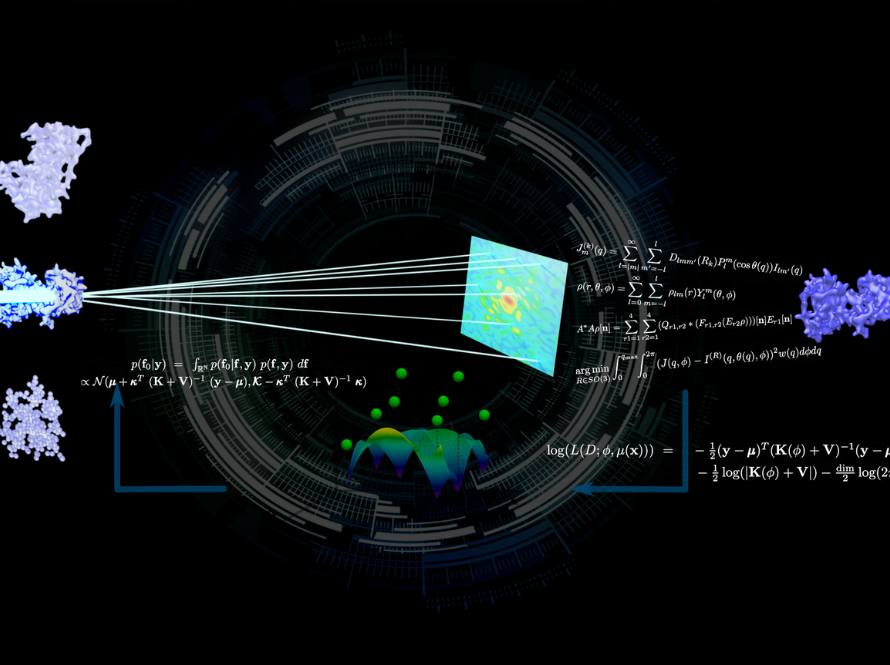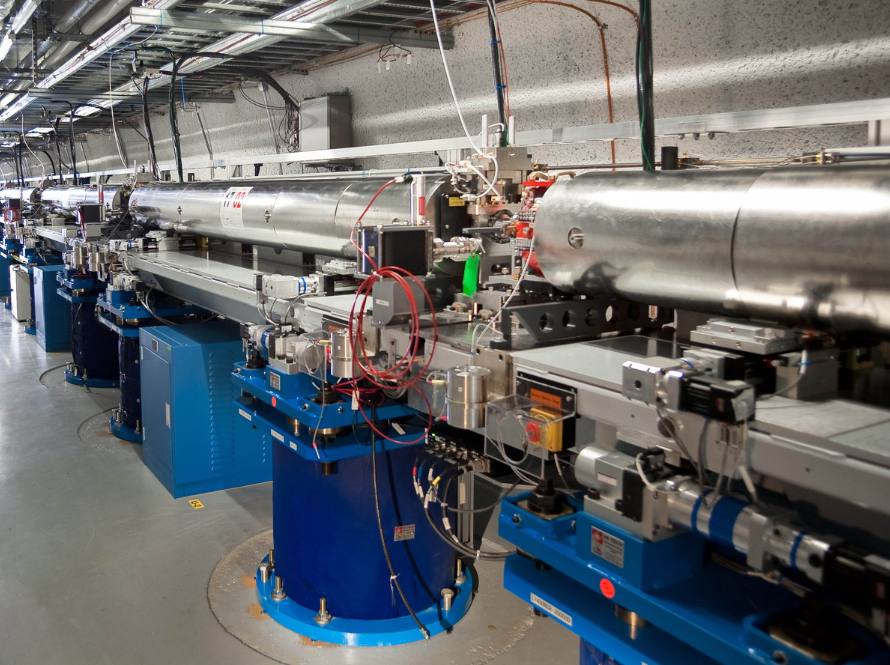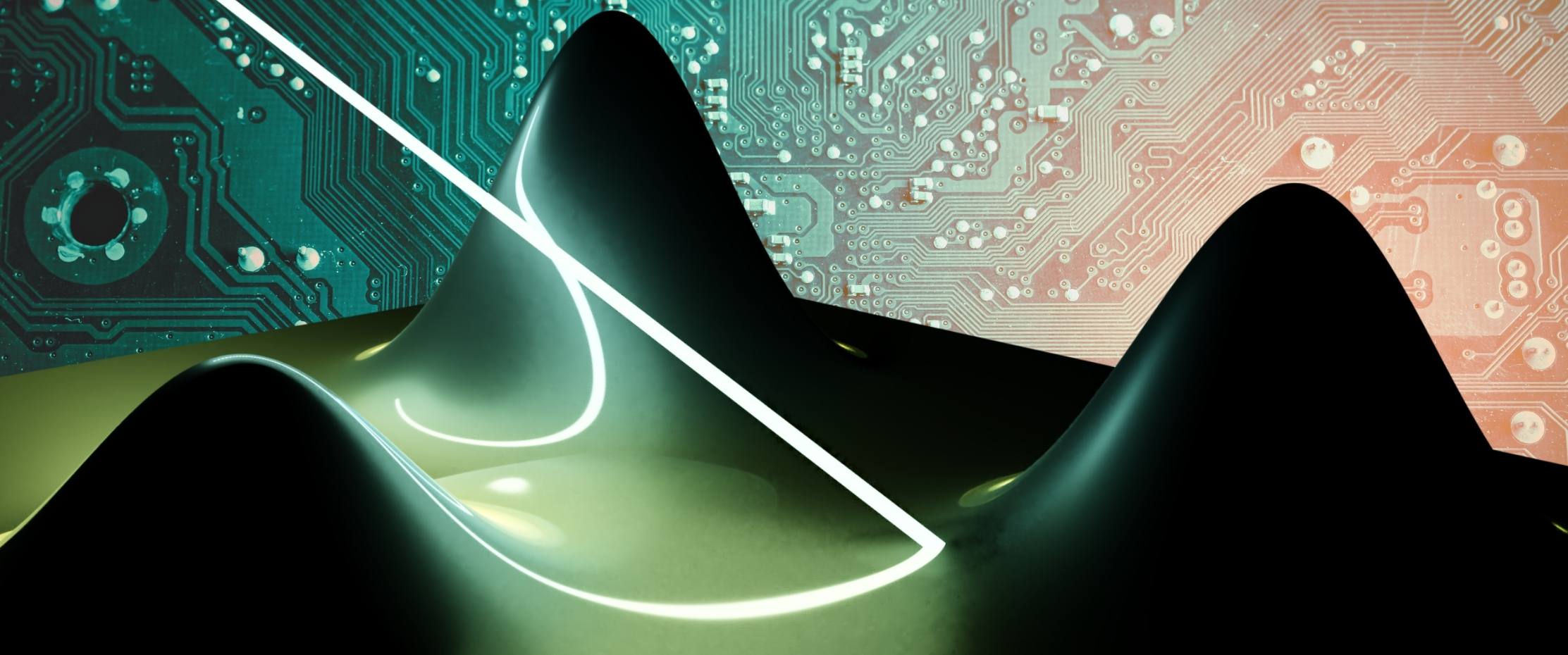Generating scientific hypotheses and data has traditionally relied on laborious human effort. However, the ongoing revolution in artificial intelligence (AI) and robotics, combined with advanced networking and computing hardware, offers the promise of automated scientific discovery. Advanced algorithms, simulations coupled with experiments, and next-generation networking and computing infrastructure are essential for automating scientific discovery across the DOE mission space. At Berkeley Lab, our work includes developing AI-based algorithms for real-time steering of beamlines at DOE light sources, specifying targets for telescopes, and designing molecules with desired properties. We are also building data-management workflows that enable seamless integration and access throughout the data life cycle.
Connecting experimental infrastructure to high-performance computing is becoming increasingly critical. This integration provides a foundation for developing self-driving and self-guiding facilities and supports autonomous scientific discovery. At Berkeley Lab, our efforts are focused on defining automated architectural models that facilitate streaming data from experimental facilities, enhance resilience, and integrate tools for sharing, searching, and analyzing data. These advancements are designed to foster more productive and reproducible science.
Together, these innovations will enable the automation of diverse DOE science experiments and accelerate the pace and efficiency of scientific discovery.
Our Research Pillars:
- Workflow and Data Management
- Edge Computing
- Self-Driving Infrastructure
- Machine Learning and Artificial Intelligence
- Cyber-Physical Security





